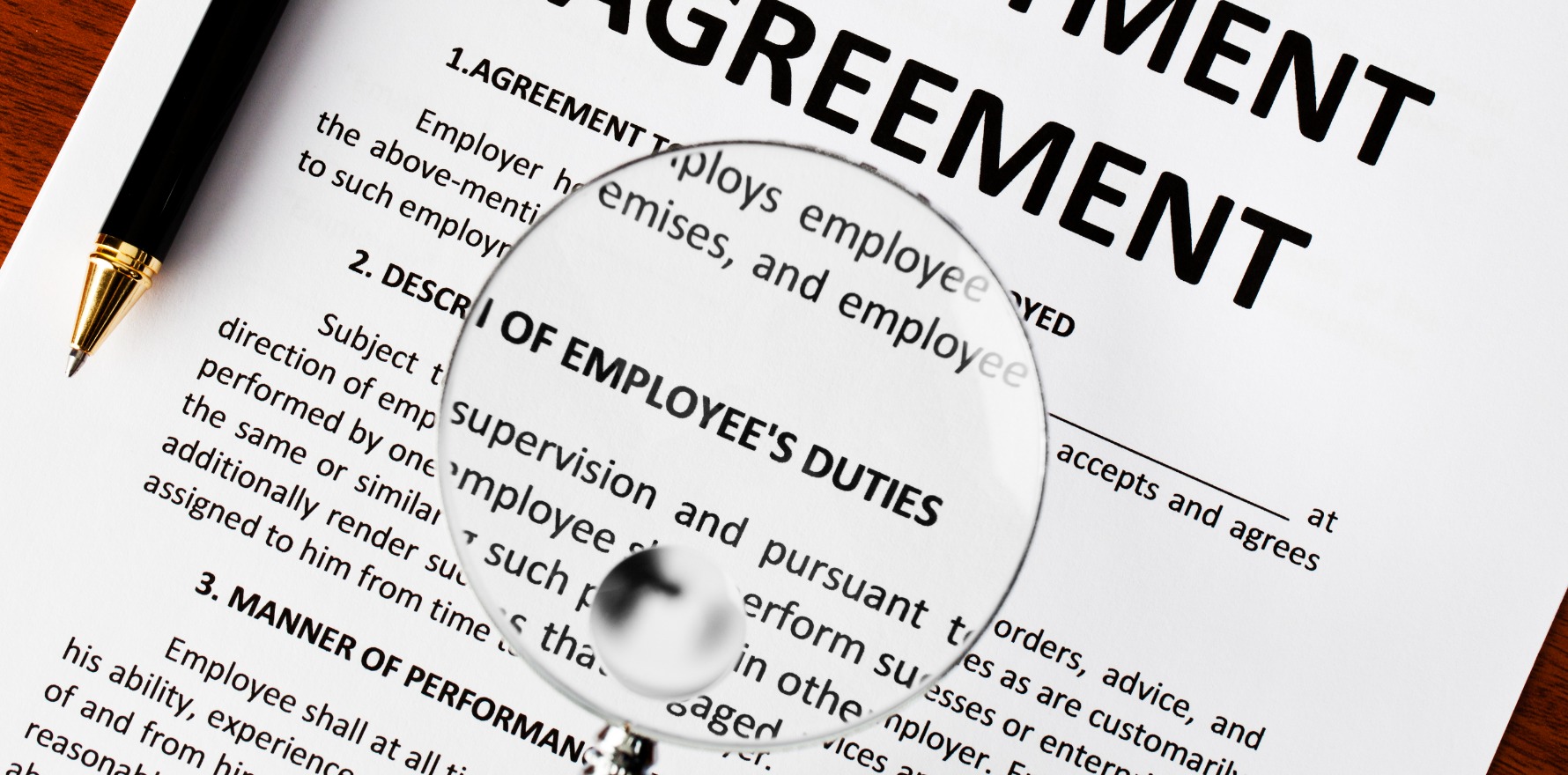His comments on national radio this morning indicate that the health minister may not grasp the scale of the payroll tax situation.
Speaking on ABC radio early today, Federal Health Minister Mark Butler was unable to answer a question on how big of a problem payroll tax is for general practice.
During a six-minute interview this morning, veteran Radio National journalist Sabra Lane asked Mr Butler three separate times whether his office had a handle on the size of the payroll tax issue facing general practice.
He didn’t give a direct answer but did concede that “it varies from state to state”.
“The states are still negotiating the impact of [recent payroll tax rulings],” he said.
“They’re still talking to doctors’ groups about potential amnesties and which general practices might or might not be subject to these changes.
“So by and large, they haven’t yet impacted general practice.”
Mr Butler’s contention that payroll tax has not yet made an impact on general practice is blatantly false.
At least one clinic in Victoria – where the state government has steadfastly refused an amnesty – has received a payroll tax bill of $5 million, so it is hard to make the argument that payroll tax is still just a theoretical threat.
Mr Butler’s other claim, that states are still negotiating with the RACGP and AMA on payroll tax amnesties is also out of date.
Queensland and the ACT have opt-in amnesties in place until June 2025, while NSW has a blanket amnesty period until August this year.
In place of an amnesty, the Victorian treasurer has promised to use extraordinary powers to wipe the debt of practices pushed to the brink of closure by the tax.
Different payroll tax laws apply in WA, making it a non-issue in the state.
This leaves Tasmania and the NTas the only remaining jurisdictions without some kind of concession; neither has made a move to crack down on general practice payroll tax as yet.
Meanwhile, practices in South Australia are now just one month shy of their tax amnesty period ending.
The majority of SA practices that applied for amnesty and were assessed by the state’s revenue office have been informed that they will have to pay payroll tax on contractor GPs come 1 July.
If there are any practices that applied for the SA amnesty and were told their business structure did notincur payroll tax, TMR has not heard of them.
Mr Butler’s final assertion – that one cannot generalise about the impact of payroll tax when its application is different in every jurisdiction – can also be challenged.
In virtually every scenario, practices will simply raise patient fees.
Practices have been very vocal about this inevitability; the most common figure bandied about is an increase of $12 per appointment.
The way that the amnesty scenario has played out in SA supports the idea.
With just 32 days left on the clock, practices across the southern state have been throwing up various proposals, from billing patients a separate “payroll tax fee” to launching a class action.
Related
Law and accountancy experts within SA have advised TMR that neither the separate fee nor the lawsuit would likely be successful.
With no guidance on how to restructure to avoid payroll tax, practices will have to increase fees or close down.
Mr Butler also told ABC RN that it had “never been harder or more expensive to see a GP than it has been over the last few years” and maintained that improving access to general practice was his “highest priority when we came to government”.
Federal Budget night is two weeks away. So far, there have been no hints at what general practice is likely to receive.





